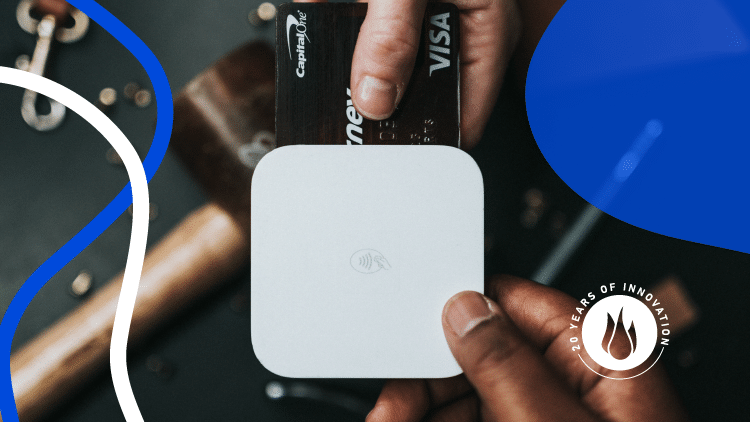Improve Your Church Events One Attendee at a Time
People First: Brushfrie’s partnership with churches for a better event experience.

If you’ve made your way to this article, you may be using a service that is requiring you to create or use a payment gateway. But what is a payment gateway? In the most simplistic terms, a payment gateway acts as a payment processor and works behind the scenes to safely and securely handle credit or debit card transactions. As payment processing is highly regulated and requires very specific security requirements, you’ll most likely need one of these payment gateways if you’re going to be accepting money from your clients online via credit card or debit cards. We’ve answered the most common questions about payment gateways below.
Most payment gateways are free to set up, and you can create new accounts in just a matter of minutes. This means you can open your new payment gateway without the risk of paying for something if you never use it. The two most common payment gateways used with Brushfire are Square and Stripe.
Have you ever been checking out at a convenience store and noticed a sticker on their credit card machine that reads “minimum payment amount of $2.00”? The reason is, a payment gateway charges the business owner a per-transaction fee. If the total purchase on your transaction were too low the convenience store could actually lose money on said transaction. Most payment gateways charge somewhere in the neighborhood of 3% + $0.30 per transaction. That “per transaction” is important to note, and while there are some gateways out there that operate differently, the vast majority will never charge you until you begin receiving revenue.
When setting up your payment gateway, you’ll designate the bank account for your funds to be deposited. Some gateways have scheduled deposit days (ie. every Friday), while many will deposit the funds into your account as each transaction clears; typically one or two days after each charge.
Not typically. Most of the time, when your clients make a payment, the payment gateway processes that transaction takes their transaction fee, and deposits the remainder into your account. However, some of the more traditional payment gateways charge a monthly bill instead of taking the fees out of your deposits. Make sure you are aware of the billing process before you choose a gateway for yourself!
While your customer likely won’t notice a difference or even realize which payment gateway is processing their purchase, each payment gateway is unique, and you’d be best served to choose one that meets your needs. For example, Square offers hardware that allows cards to be read in person, allowing for quick live purchases. Stripe offers competitive non-profit pricing options. Organizations like Paperless Transactions and Purpose Financial not only facilitate purchases but also handle giving and donor management. If you’re using a third-party company that requires a payment gateway, you’ll want to make sure there is a solid integration built.
While there are always exceptions to the information provided above, most of these payment gateways operate using the same basic guidelines. Once you understand those, it simply comes down to choosing your gateway and signing up. While the term “payment gateway” may seem a bit confusing and ominous to those who are unfamiliar, we hope we’ve been able to clarify and simplify some of the details for you.
This blog was brought to you by Brushfire, an online ticketing and registration company that has created countless integrations with payment gateways around the world, including Square. While the information in this article applies to gateways within any industry, if you are specifically involved in any aspects of events, take a look at what Brushfire can do to make your events happen.